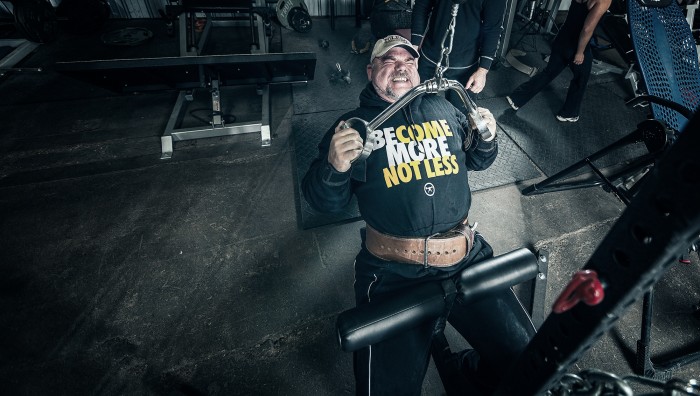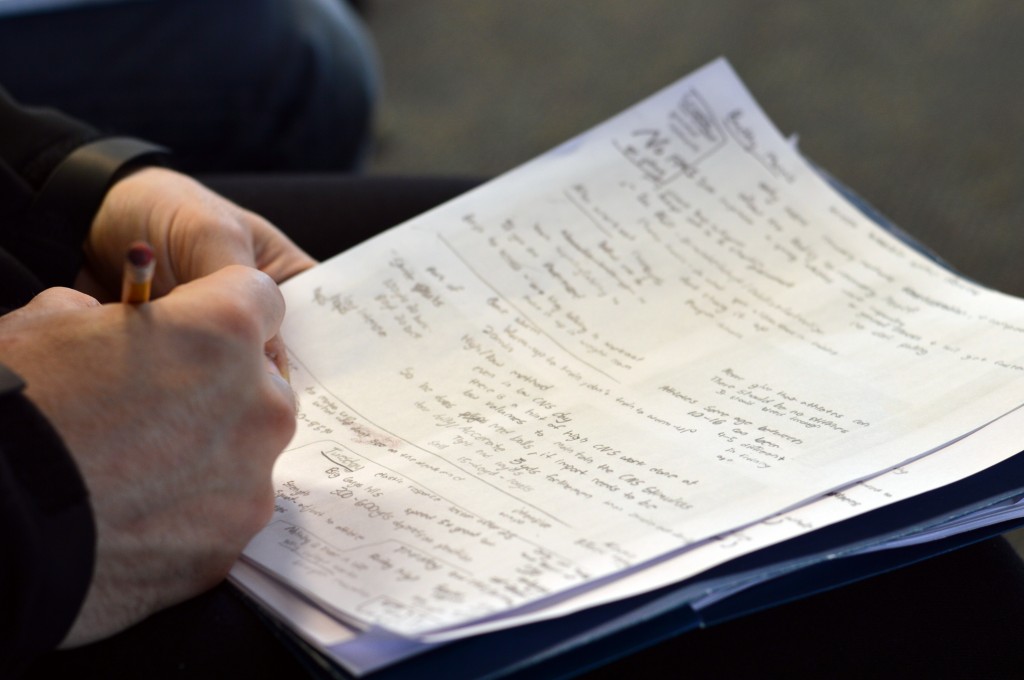
For programming and coaching inquires, please email SmitleyPerformanceSystems@gmail.com or visit brandonsmitley.com
In today's training world, it's probably not uncommon that you've heard the saying, "Less is more." Well I'm here to tell you that's a load of crap.
But before you have my head, follow along and I'll show you why less isn't more, but rather, it's an excuse used to cover up a deeper issue in your training.
For the most part, coaches and trainers alike will preach to stick to the basics and "keep it simple, stupid", and I am among this group. I think this is a great way to make and ensure progress for the long haul. But somewhere down the road we began to confuse this as a "less is more" mentality. The thing is, this isn't true....here's why.
Volume Rules
When it comes to your training, your total volume and workload is what's going to drive you physical adaptations to continue to keep getting stronger. If you don't challenge your body in a new way (this can be done via multiple ways - more weight, sets, reps, less rest, more exercises, etc.) it's not going to have the stressor of training to get better. On a very simple level, you're asking your body to do something that it already can.
So what's the remedy if you have a bad training day or aren't feeling it? Keep reading...
It's So Much More Than Just Training
I firmly believe that deloads are the most over prescribed things in training. Until you get to incredibly strong levels and compete on a very high level, your "deloads" should just be holding back for a few training sessions, or not loading your spine for an few weeks. It doesn't mean you can't train hard, but you don't have to give it your all either.
I mentioned deloads to go into the fact that with a good sound training program, you'll make adjustments on the fly when you need to. When you're not having a good day, you just back the workload down to something that is manageable for that day. But you have to understand that what you're doing is LESS. It is in fact, not more.
If your training is taking a back seat or hit, you need to do MORE of the following:
- Sleep
- Eat Food, or Higher Quality Food
- Limit Outside Stressors
- Better Time Management
- Improve Supplementation
- Improve Social and Sex Life
- Ensure You're Using Sound Programming Technqiues
It All Comes Down To An Equation
At the end of the day, this all really boils down to a complicated equation that we can't even figure out. We have to use educated guesses, previous experience, some scientific knowledge and studies, and try to add this all up to get a perfect equation where things are feeling optimal and at their best. And quite frankly, those that can do this the most consistent, especially when they are getting ready for a competition, will usually put together the best days.
If you're going to have part of the equation be off balance, another aspect is likely to take a hit as well. You'll need to figure out how to get in more of something else to help aid that difference.
Training will always be a complicated process, and we'll never be able to figure out everything. Training will always be a hybrid between a science and art - numbers with autoregulation.
Have you ever had days where you feel like you don't even want to go in to train, yet you do, and after warming up and getting under the bar, you hit a PR? It happens, and many times the way you feel is just a warning, not a symptom. I think that is a very important thing to understand and realize in the training process.
Take that warning, and use it to bring up the lacking aspect of your training process so that you continue to make progress.
Less IS NOT More...Optimal is MORE.
Find what your optimal levels are for each of the bullet points above, and then you can begin to make headway. Don't do less training, do more training AND more of the other little stuff.










